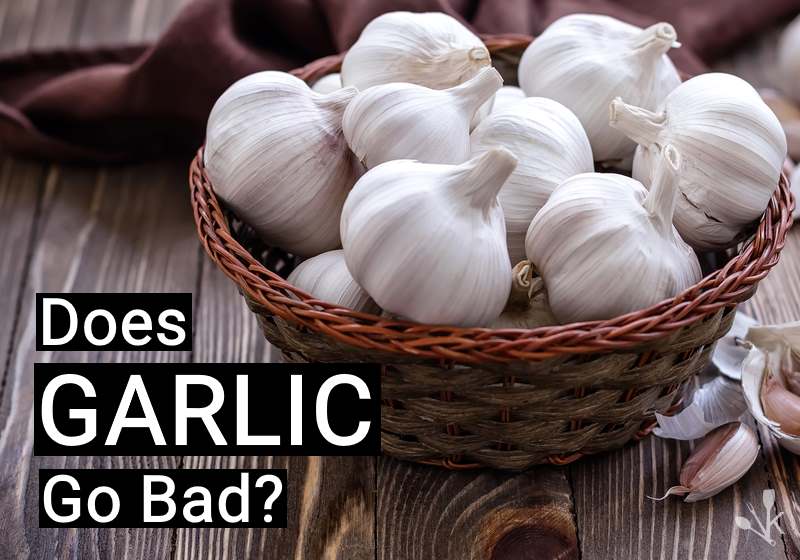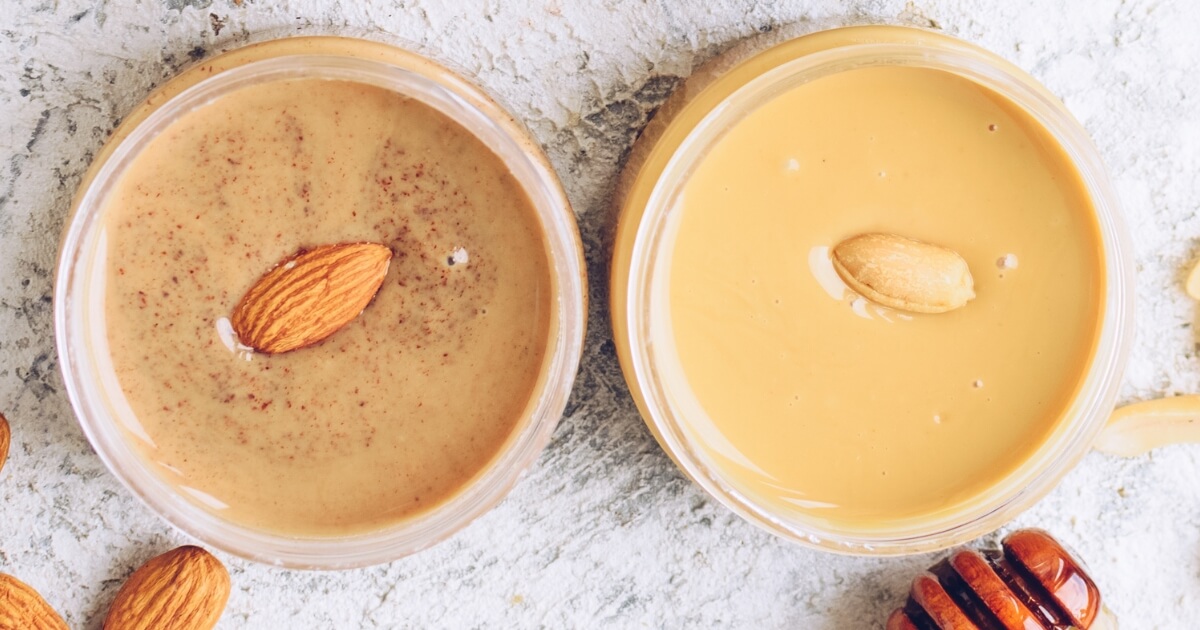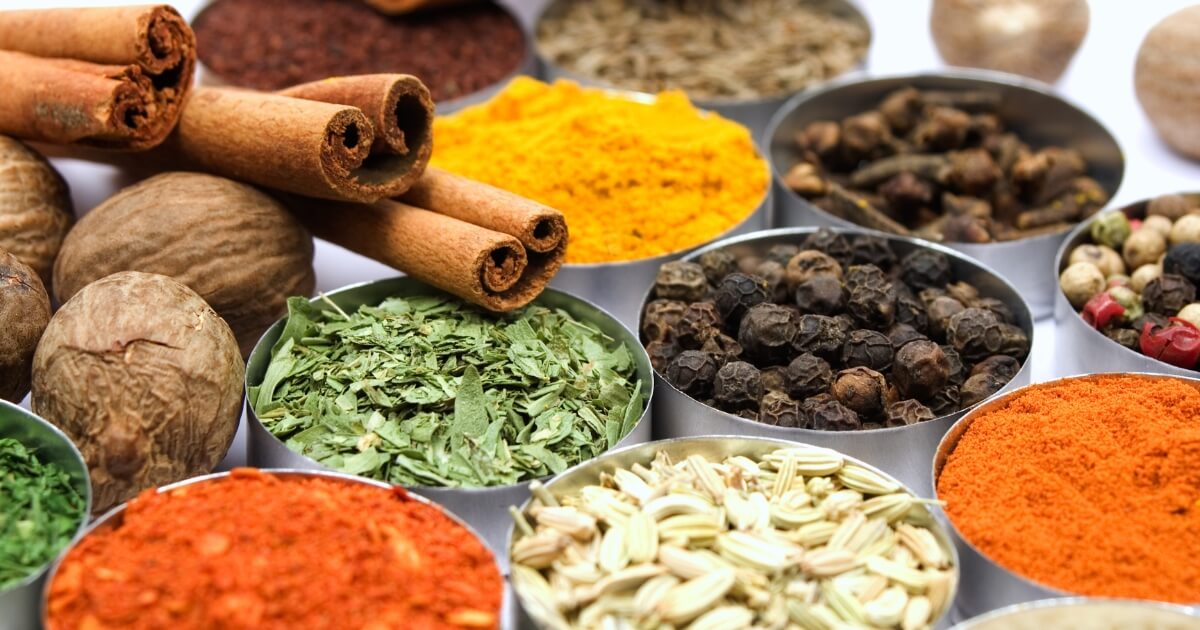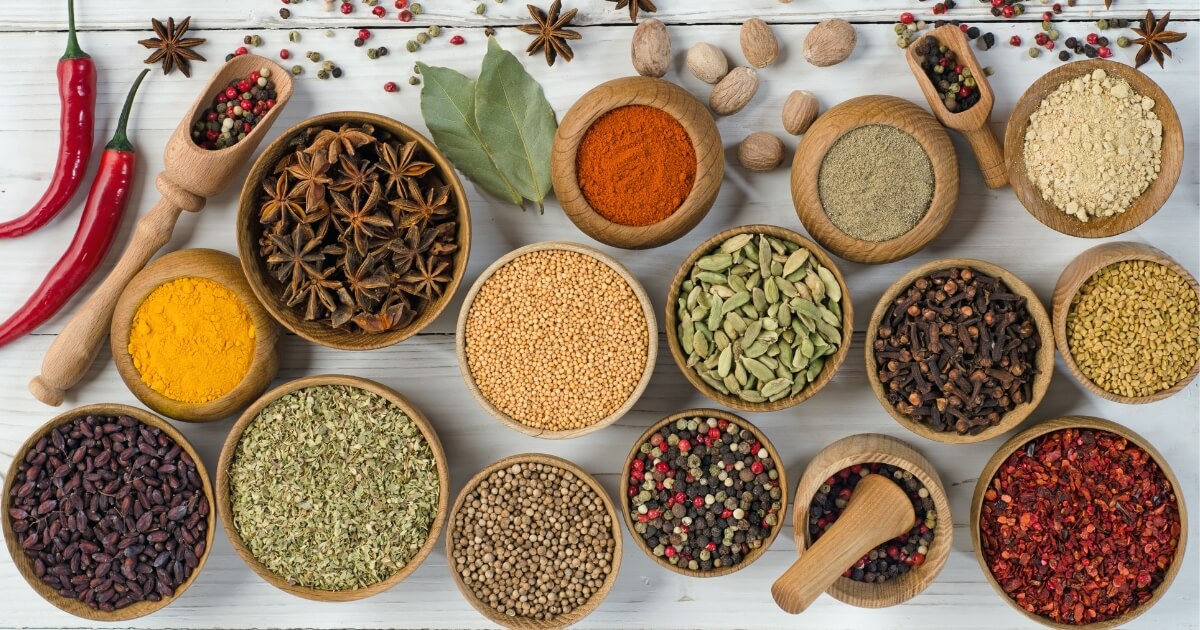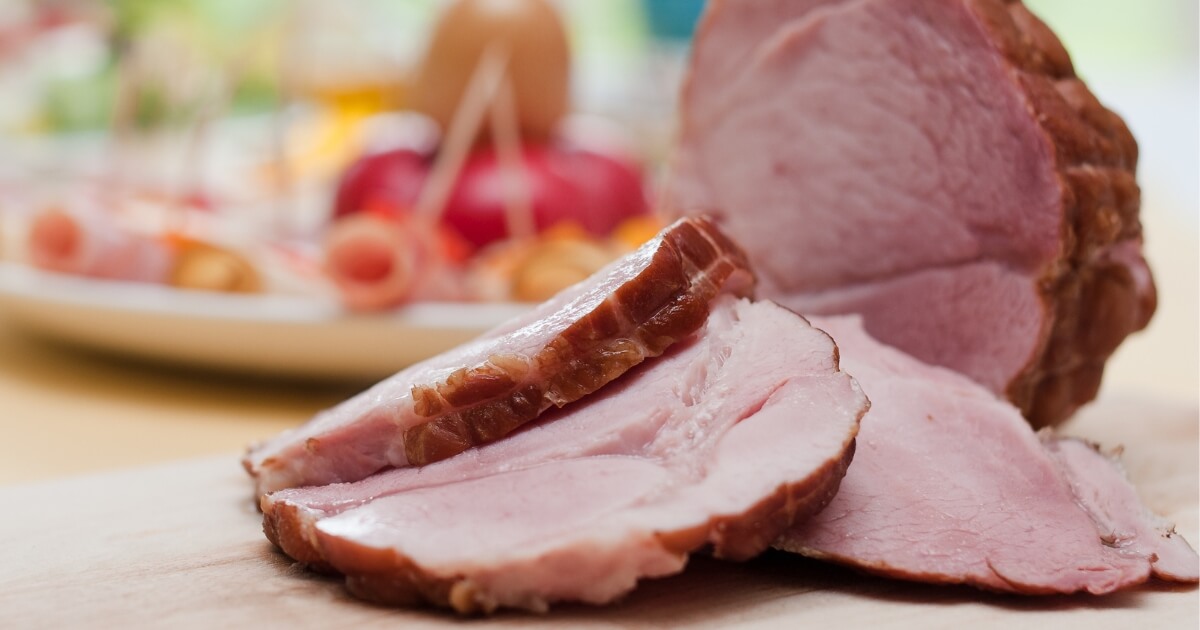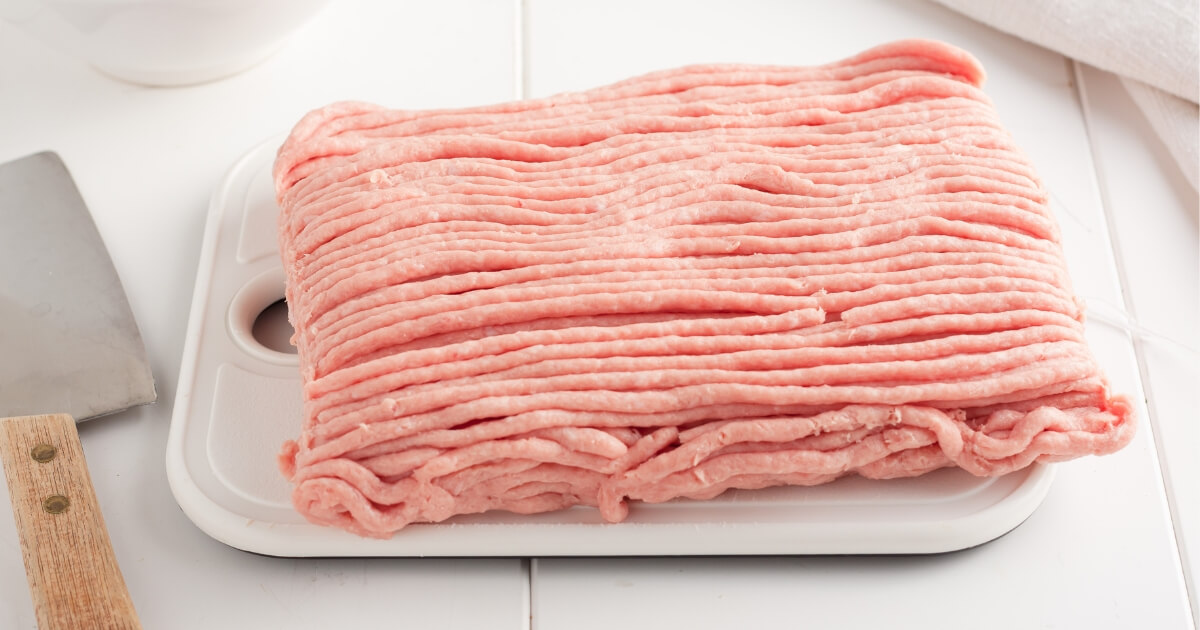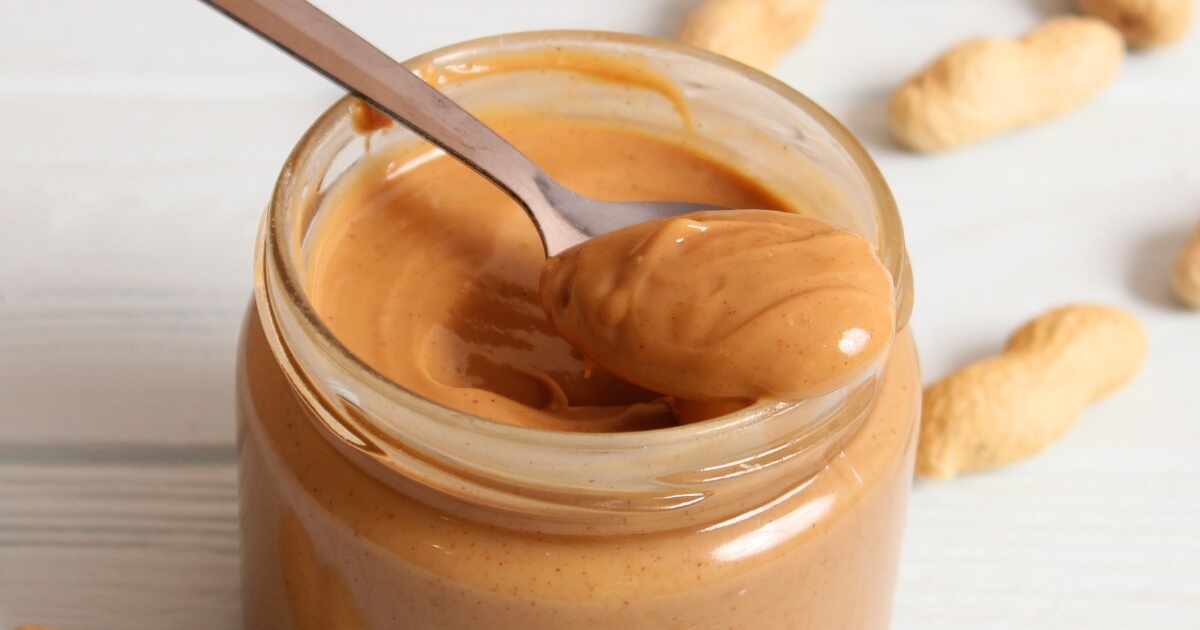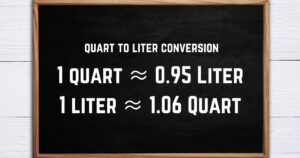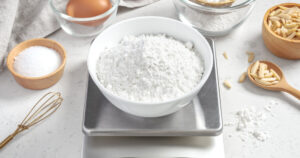Garlic is a kitchen staple that most home chefs can’t live without. But does this seemingly hardy bulb go bad? How long does garlic stay good for and how can you tell when it’s rancid?
When stored correctly at room temperature, whole garlic bulbs last the longest – generally for about three to six months. Once separated into cloves or broken, garlic will degrade rapidly and last only one or two weeks.
Unlike many food items, storing garlic in the fridge does not lengthen its longevity, instead, speeding up the process of deterioration.
Garlic Shelf Life & Expiration Dates
Whole garlic lasts longer when stored correctly in the pantry, while pre-packaged, pre-peeled and separated garlic should stay refrigerated or frozen. When it comes to packaged garlic, the use-by date should be an accurate indicator of freshness.

- Bulbs – Whole bulbs, when stored correctly, can last anywhere from 3-6 months at room temperature. They should not be stored in the fridge but can be stored in the freezer, wrapped in foil or plastic wrap and placed in a sealed container. They can last up to one year this way but will lose some flavor and change consistency.
- Cloves – Unpeeled and unbroken cloves can last anywhere from one to three weeks if stored appropriately in your pantry. Once a clove is broken or peeled, it will rapidly degrade and will only be good for around a day at most at room temperature. Peeled cloves can last for a maximum of one week when stored in the fridge.
- Freshly Chopped/Minced – If you chop up or crush excess garlic and want to store it, you’ll need to refrigerate it. In this form, garlic lasts between 7-10 days in the fridge, when stored correctly. You can store it in the freezer for 10-12 months. It will stay “good” for longer than this but will lose those delicious flavors you are after.
- Chopped/Minced From A Jar – If you have purchased pre-packaged, chopped or minced garlic in a jar, it will usually be preserved in oil or pickled in vinegar or wine. Stored in the fridge, it should last for 2-3 months – but make sure you always refer to the expiration date.
How To Tell If Garlic Is Bad
It can be easy to leave garlic cloves unseen in a dark corner of your pantry, only to discover them once in a blue moon while spring cleaning. Luckily, it’s easy to tell if your garlic has gone bad and needs to be tossed.
Each garlic bulb is made up of several cloves, and each clove is a self-contained capsule of flavor. Once the clove is pierced, either by cutting or crushing, the flavor compound within it known as allicin starts to break down.
As allicin is extremely volatile, foods prepared with garlic will be most flavorful on the same day as cooked.
Here are some simple ways to discover if your garlic is still good to go:
- Give your garlic a gentle squeeze. Fresh, raw garlic should be firm. If your bulb or clove feels soft or mushy, it’s already turned and should not be used.
- Check out the coloration of your garlic (once peeled). Garlic should appear white. If it looks yellowish or has brown spots on the surface, this is a clear indication that it has turned and/or is starting to go moldy. At this stage, it will start to develop more of a “hot” taste.
- Smell your garlic! You should be well familiar with the distinctive pungent aroma. If the aroma is starting to fade or has a sour, unpleasant scent, you should throw it out.
- When it comes to pre-bottled cloves or puree – stick to the expiry date, but also smell the contents and note any rancid odors.
Is Sprouted Garlic Bad?
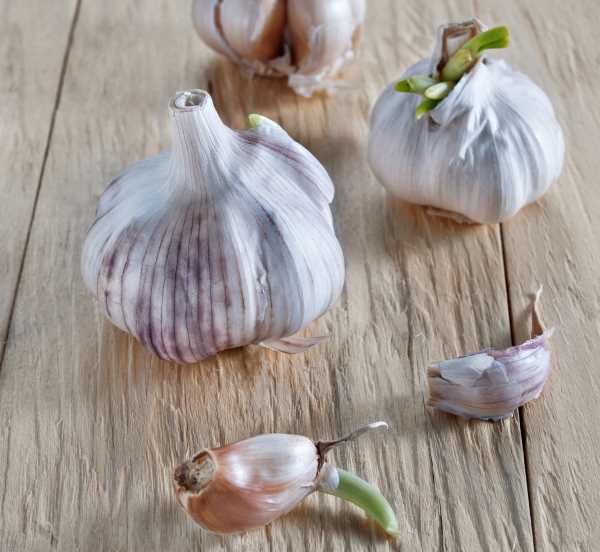
If there are green shoots either emerging from your bulb or developing on the inside of your cloves, this is an indicator that the garlic is starting to turn.
While it is still safe to eat garlic after removing the sprouts – assuming there are no other signs of rot – it may have a bitter taste and might be best used in a stock or broth.
Can Garlic Go Bad And Make You Sick?
Garlic that has started to sprout but otherwise looks fine is safe to eat. Simply remove the sprout and prepare as normal – although you may notice a bitter taste.
Eating garlic that has gone bad might not agree with your stomach, but there’s a bigger risk with this unassuming bulb that you need to be aware of.
You may be surprised to learn that consuming garlic that has been stored in oil can cause botulism, a kind of food poisoning. Botulism is caused by bacteria called Clostridium botulinum, which is found in some soils in the United States.
This bacteria forms spores that are normally inactive but can thrive in the right conditions. If these spores are consumed, they can cause very serious illness.
The conditions most conducive to growing botulism producing spores are low-acid foods – which garlic certainly is – moisture, room temperature and the absence of oxygen – which happens when you immerse your garlic in olive oil.
When it comes to botulism, you won’t be able to detect these spores – garlic can still appear, smell, and taste normal.
Particularly dangerous is garlic that has been stored in oils – even more so if done in a home kitchen environment. Commercially produced garlic stored in oil goes through a special process to increase the acidity and avoid risk.
Botulism spores can survive in the refrigerator but not in the freezer.
SEE ALSO: How Long Does Hummus Last?
Although botulism is extremely rare, the illness is so serious that it’s not worth taking the chance. Symptoms include dizziness and blurred vision. You may find it hard to swallow or talk and even become paralyzed and unable to breathe.
To ensure you are not taking any risks, do not store your garlic in oil at room temperature. If using garlic mixed with oil, consume it immediately.
Quick Storage And Usage Tips
Whole garlic bulbs need to be stored in a dark, dry, cool area with adequate ventilation. The ideal temperature for storage is around 60-degrees Fahrenheit and we recommend moderate humidity.
The best way to store your garlic bulbs is in a hanging mesh or wire basket or bag – this provides good air-flow, a key component to keeping your garlic fresh. You could also use a paper bag.
Plastic bags and sealed containers are not good for room temperature storage – they will encourage sprouting and your garlic will go bad more rapidly.
Putting whole bulbs or even unpeeled cloves in the fridge won’t extend its life. In fact, the conditions in the fridge will only speed up the “turning” process and encourage garlic to sprout.
When it comes to freezing garlic, opinion is divided. While putting bulbs, cloves, chopped or pureed garlic in the freezer can keep them good for considerably longer, it will affect the texture and flavor.
Conversely, peeled cloves and chopped or minced garlic will go bad rapidly if not stored in the fridge. These need to be stored in the fridge in a sealed container, but make sure you use them up within a day or two if possible.
When buying garlic – look for firm bulbs with dry skin. Check that they are not already starting to sprout. Also, check to make sure the bulb is nice and tight – garlic dries as it ages. If you see big gaps between the cloves, put it back.
If one clove has started to turn, immediately remove it and dispose of it – if you leave it in the bulb it will hasten the demise of the other cloves.

